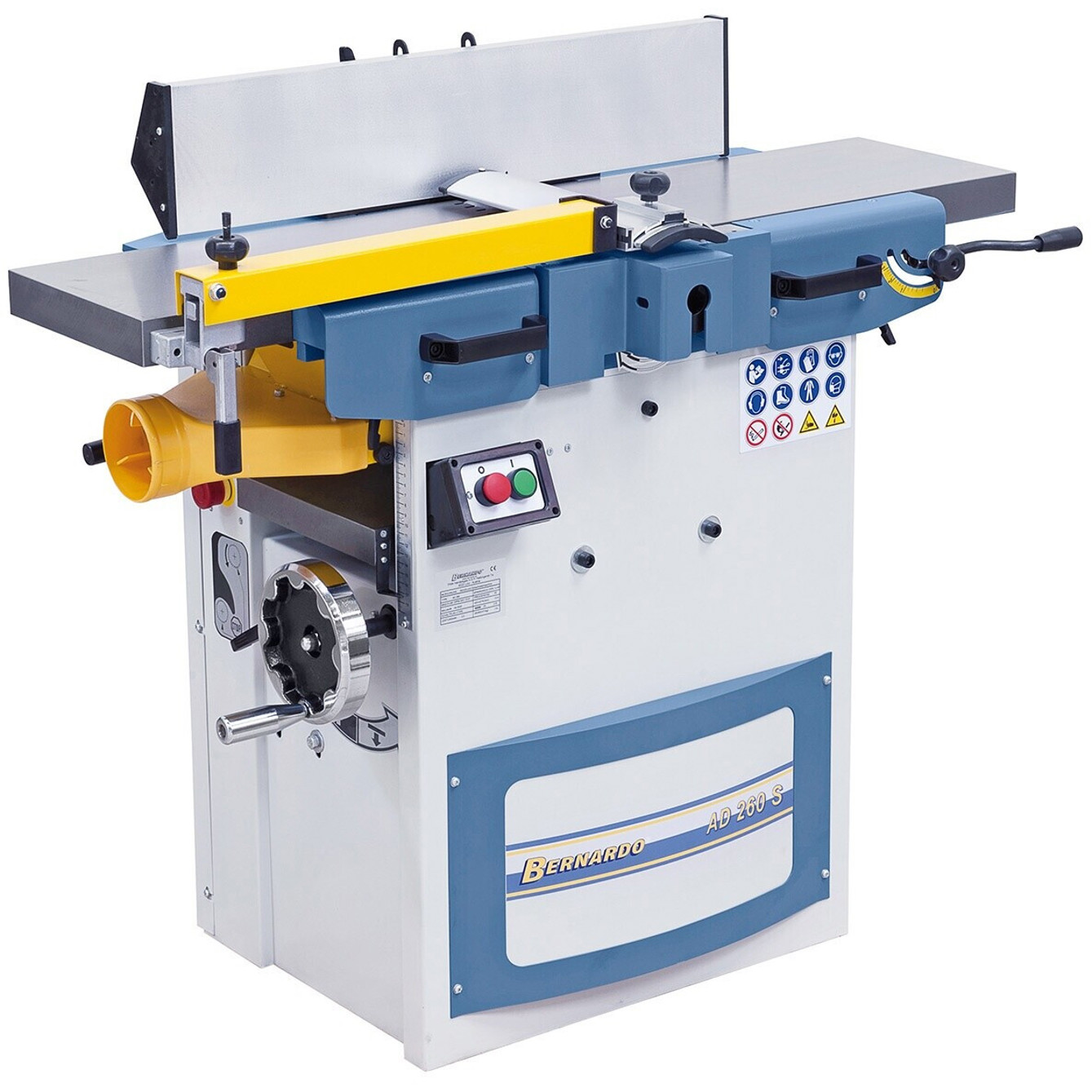Router Comparison: Choosing the Right Router for Your Needs
In an increasingly digital world, having a reputable and efficient web connection is vital for both individual and professional activities. The foundation of any internet connection is the router, a device that directs network traffic and ensures the stability of your online presence. With a many number of routers readily available in the market, picking the ideal one can be a complicated job. This blog site post aims to offer a thorough comparison of different routers, analyzing their functions, efficiency, and suitability for various requirements.
Understanding Router Types
Before diving into the comparison, it's vital to comprehend different router types readily available today:
- Single-band Routers: These routers operate on one frequency band (2.4 GHz), making them ideal for standard internet usage such as web surfing and e-mail.
- Dual-band Routers: Supporting both 2.4 GHz and 5GHz frequency bands, these routers offer greater versatility and faster speeds, accommodating a wider variety of activities like streaming and video gaming.
- Tri-band Routers: Featuring one 2.4 GHz band and two 5GHz bands, these routers are perfect for high-traffic environments like big families or offices with several gadgets linked all at once.
- Mesh Wi-Fi Systems: A network of nodes that offer smooth protection throughout big areas. like this are perfect for getting rid of dead zones and making sure a steady connection in multi-story homes.
Key Router Features
When comparing routers, numerous important functions must be considered:
- Speed: Measured in Mbps (Megabits per 2nd), router speed determines how quickly information can be sent. Look for routers that offer higher speed specifications for better performance.
- Variety: The protection area is crucial. A router ought to supply adequate range to cover your entire living area.
- Security Features: Look for routers with sophisticated security procedures (WPA3), built-in firewall softwares, and malware security to secure your network.
- Variety of Ports: Consider how numerous gadgets you wish to link straight. More Ethernet ports can offer quicker connections for desktops or video gaming consoles.
- User Interface and Management: A friendly interface can make establishing and handling your router easier, while mobile apps can enhance ease of use.
Router Comparison Table
To assist in a notified choice, here's a comparison of some popular routers throughout different features:
| Router Model | Type | Speed (Mbps) | Range | Security Features | Price (Approx.) |
|---|---|---|---|---|---|
| TP-Link Archer A7 | Dual-band | 1750 | 2,500 sq ft | WPA2, Guest Network | ₤ 60 |
| Netgear Nighthawk AX12 | Tri-band | 4804 | 3,500 sq feet | WPA3, Smart Connect | ₤ 500 |
| ASUS RT-AX88U | Dual-band | 6000 | 3,000 sq ft | WPA3, AiProtection | ₤ 300 |
| Google Nest Wi-Fi | Mesh | 2200 | 4,400 sq ft | WPA3, Regular Updates | ₤ 270 |
| Linksys EA8300 | Tri-band | 4000 | 3,000 sq ft | WPA2, Guest Access | ₤ 250 |
Pros and Cons of Different Router Types
Single-band Routers
Pros:
- Generally more budget-friendly.
- Simplicity in setup and use.
Cons:
- Limited to basic tasks.
- Blockage in crowded locations can cause bad efficiency.
Dual-band Routers
Pros:
- Better speed and decreased interference.
- Suitable for moderate video gaming and streaming.
Cons:
- Can become overloaded in high-traffic locations.
Tri-band Routers
Pros:
- Optimal for large families or workplaces with lots of devices.
- Exceptional performance for video gaming and heavy media usage.
Cons:
- Higher price point.
- May be more intricate to set up.
Mesh Wi-Fi Systems
Pros:
- Eliminates dead zones and provides smooth protection.
- Scalable; quickly add nodes to expand protection.
Cons:
- Generally more pricey.
- Can need more initial setup.
Regularly Asked Questions (FAQs)
1. What speed do I require in a router?
Identifying the speed you require depends on your internet usage. For casual browsing and emailing, speeds of 25-50 Mbps suffice. For streaming HD videos and online video gaming, go for 100 Mbps or greater.
2. Is a tri-band router worth the price?
For homes with numerous gadgets or a high need for simultaneous connections, a tri-band router can considerably enhance performance and connection, making it worth the investment.
3. What is the distinction between Wi-Fi 5 and Wi-Fi 6?
Wi-Fi 6 (802.11 ax) provides improved speeds, better performance, and enhanced capability for multiple gadgets over Wi-Fi 5 (802.11 ac). If Oberfräse Mit Führungsschiene Und Frästisch Im Set Kaufen have lots of devices or need the latest innovation, WI-Fi 6 is a robust choice.
4. Can I use a router with my existing modem?
Yes, lots of routers work with existing modems. Make Mauernutfräse Für Stahlbeton Mit Diamantscheiben Angebot that your modem and router can work together by checking their specifications.
5. How typically should I change my router?
Normally, routers should be replaced every 3-5 years, or whenever your internet speed requirements increase or you experience bad connectivity consistently.
Picking the best router is an important decision that can significantly affect your online experience. By assessing your needs-- whether it's for everyday browsing, gaming, or handling a wise home-- users can narrow down the options from single-band, dual-band, tri-band, to mesh systems. Depending on individual requirements, such as budget plan, speed, and protection, the best router can vastly enhance connection and user complete satisfaction. With the info offered in this post, readers are well-equipped to make an informed decision on the router that best fits their needs.

